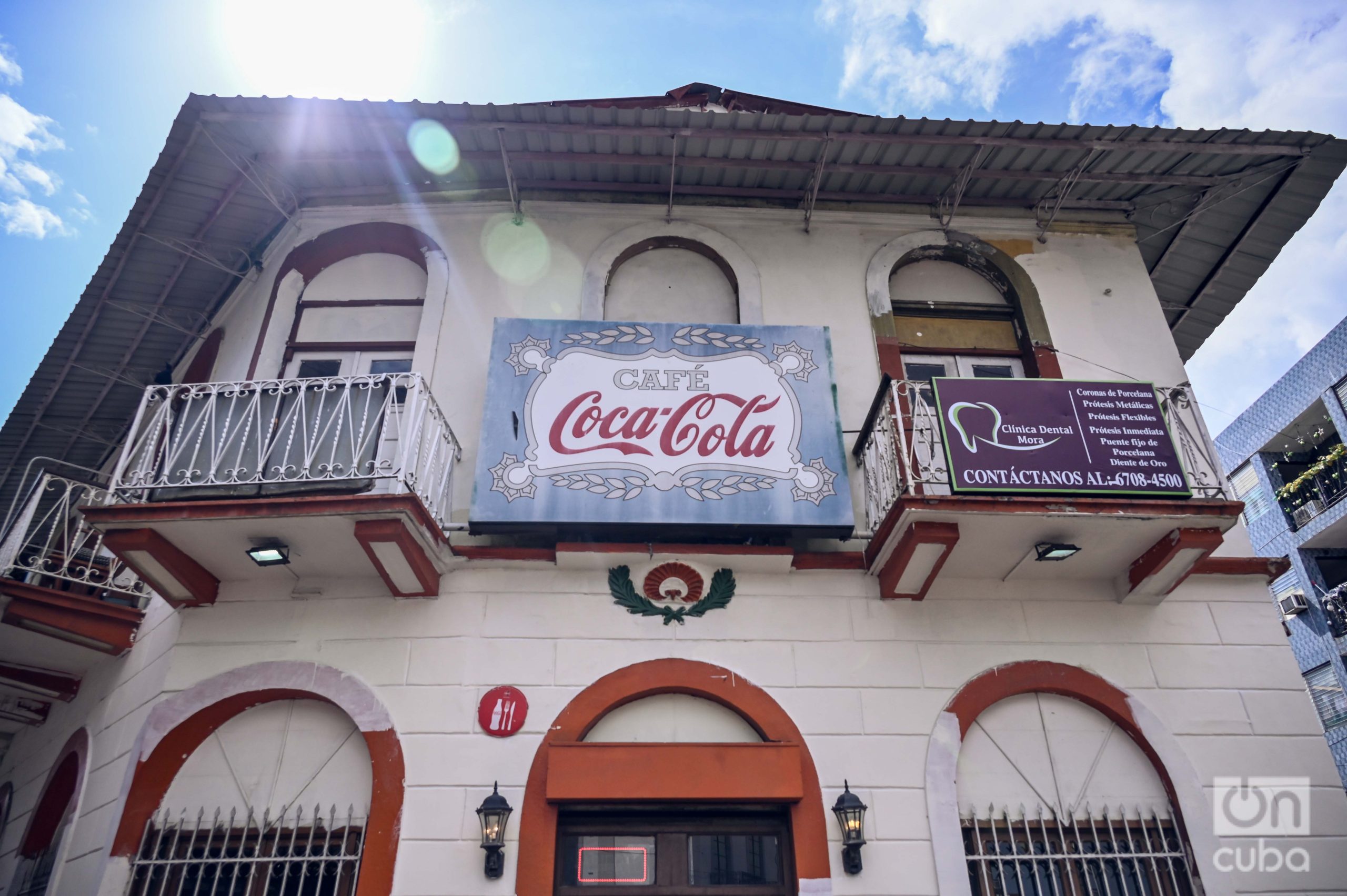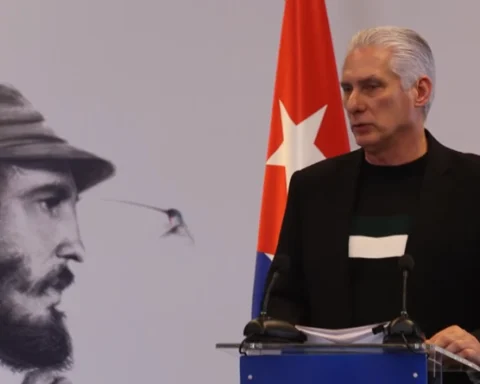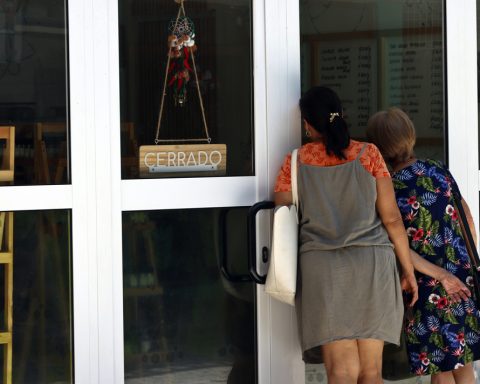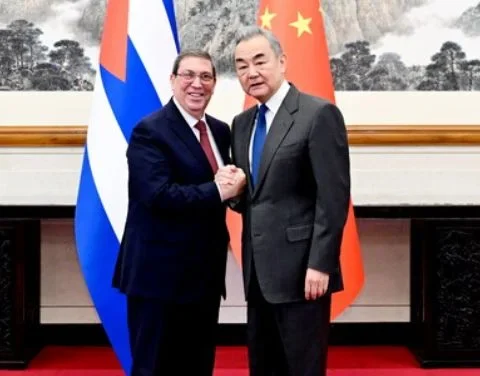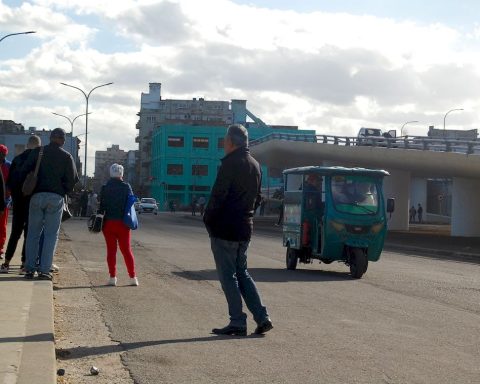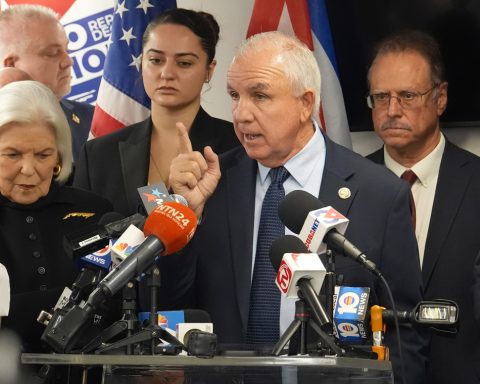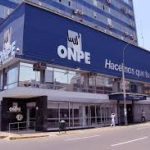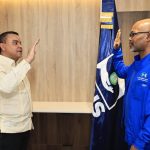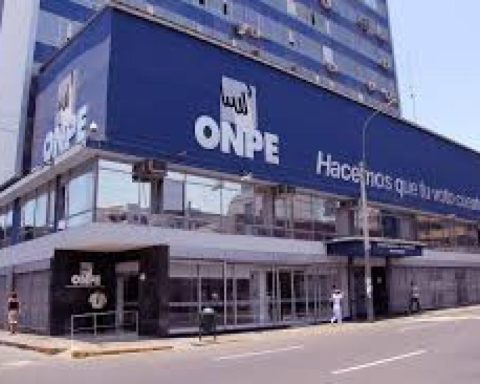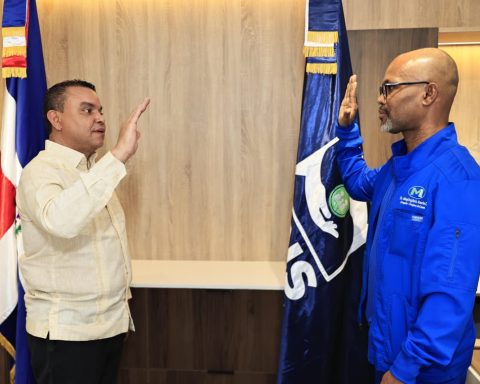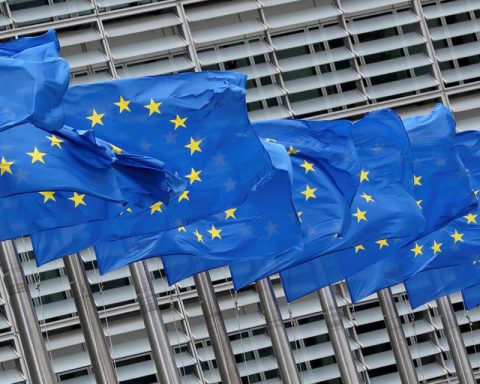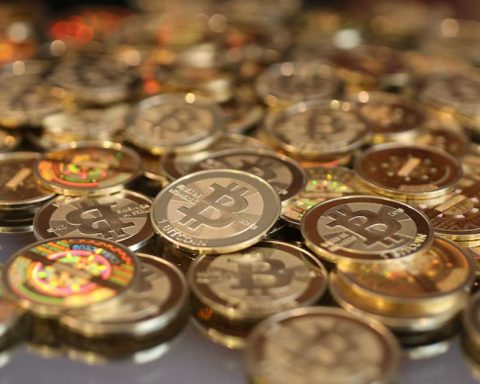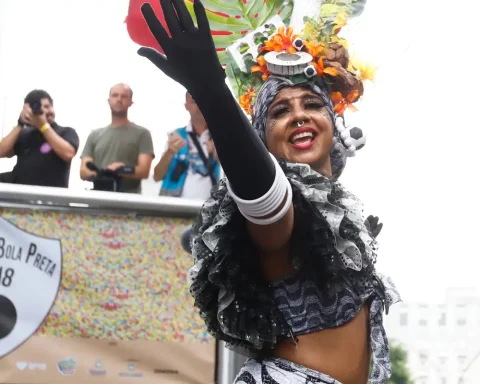“Café Coca Cola,” said the poster that caught my attention on the facade of a property while walking through the Santa Ana neighborhood in Ciudad Panama. It is not another advertising of the well -known soda: this is the name of the restaurant, one of the oldest in the country and the only one in the authorized world to use the brand as a name.
Inside it seems that time has not passed, or has done it very slowly. The furniture, with wooden tables on an iron and stools axis, with a small bar of fixed and rounded vinyl round banks, it seems that it has not changed in decades. The rest of the decoration also plays with the old. Walls vezed with wood to half and the rest of an unpolluted target where paintings with urban landscapes of the neighborhood hang. A light that also seems from yesteryear, in sepia tones, enters through the windows.

Behind the counter, an advertising from Coca Cola smiles at customers. Below are the perhaps more modern artifacts (of a modernity of a few years ago). There is a large coffee vending machine; On the side, a flat screen television tuned with a local channel and, a few meters away, a refrigerator with drinks in view.
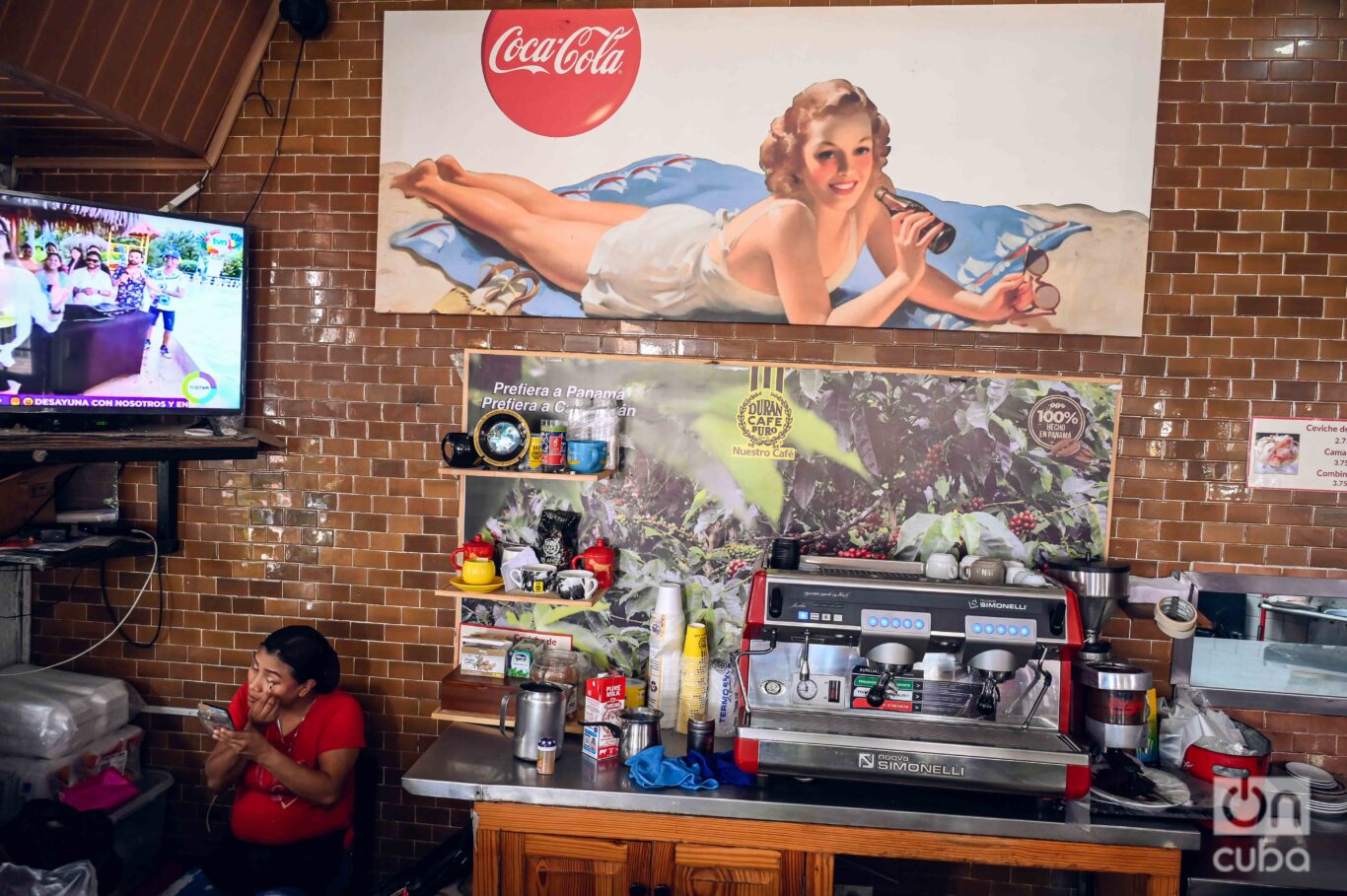
This micro universe is a mute witness of a story that dates back to 1875, at the time when Panama was part of Colombia. Faustino, a second generation Spaniard, opened coffee at the intersection of Central Avenue and 12th Street, a few steps from Santa Ana Square. The business was baptized as nine doors, for the amount of open accesses it had then. Today only two of them are still in use.
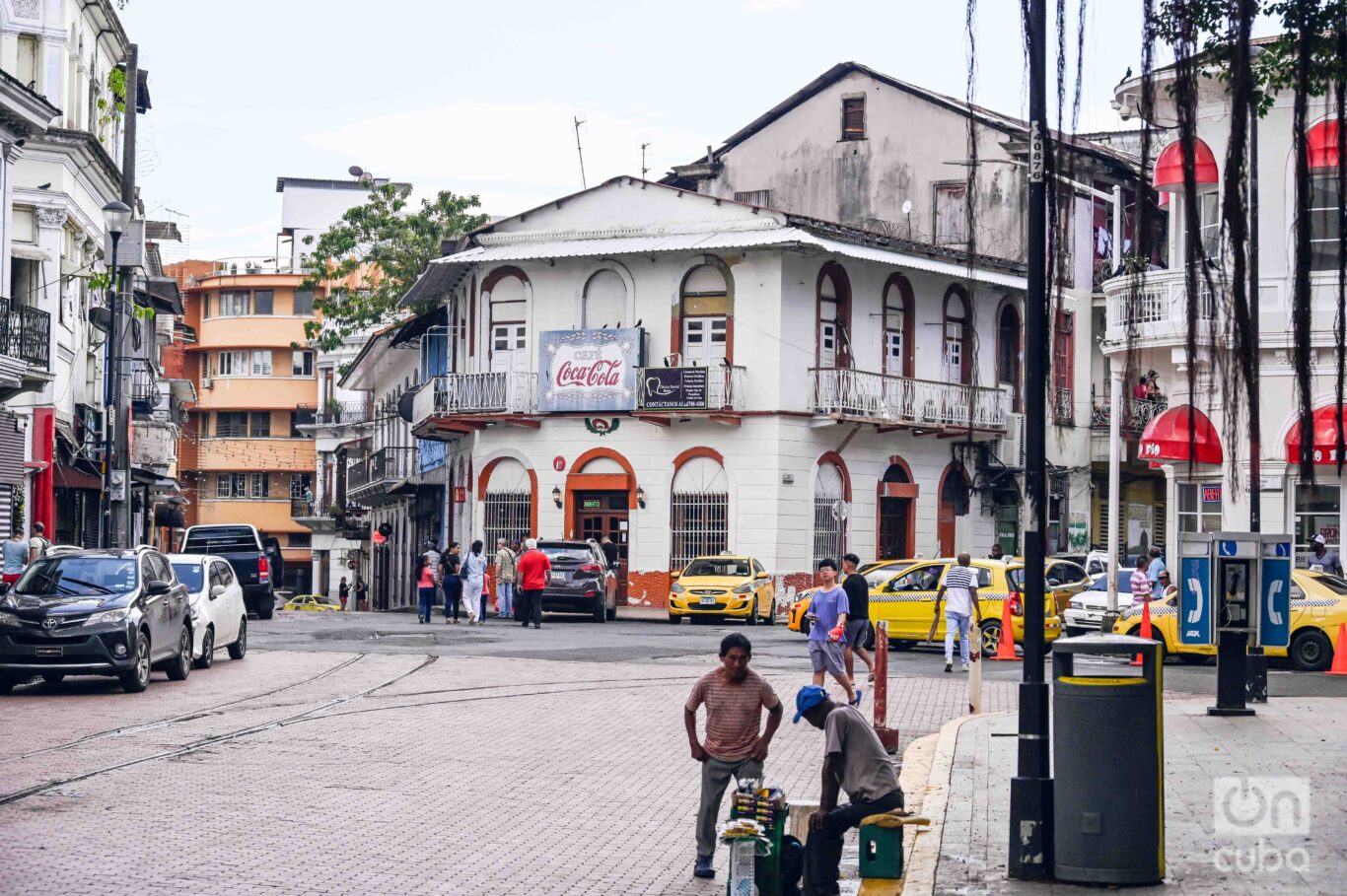
The name change occurred with the arrival of Coca Cola to Panama, in 1906, when the American company established its factory on National Avenue to satisfy the thirst of thousands of workers who built the Panama Canal. It was in that context that the coffee owners decided to rename it, with a unique permit of the company to use its name and logo, something unthinkable today, with the laws of Intellectual property current.
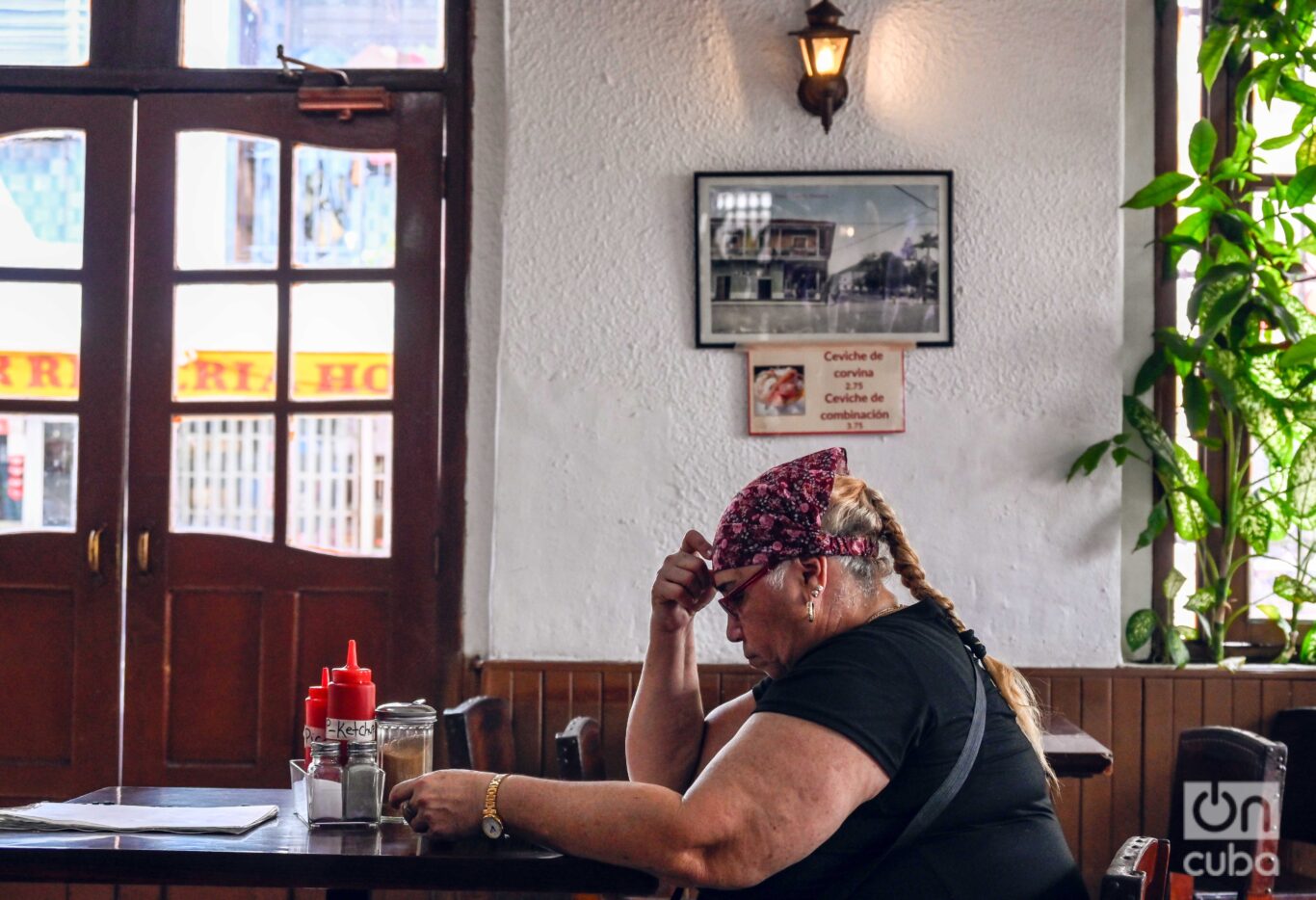
The place was gaining popularity as a meeting point for its affordable prices. Even today offers one of the cheapest options to eat in the old town. It is a place both passing to have coffee or mitigate heat with a beer or soda with friends, and for a family exit to taste the wide menu. They say that dishes with fish and shellfish, ceviche and lentil soup with meat are the most requested specialties of the house.
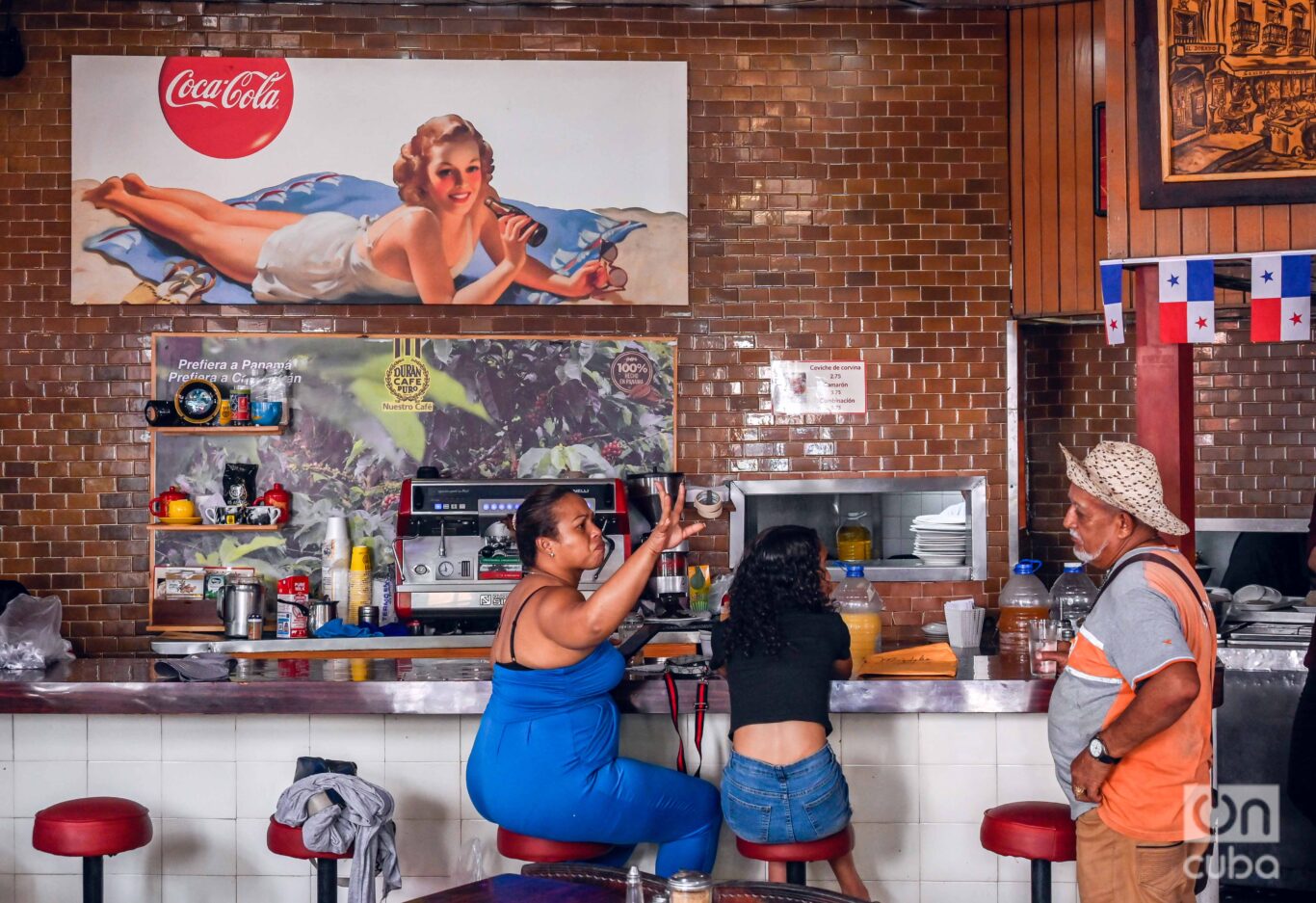
It is known about great personalities that were Habitu Coca Cola coffee. Politicians, poets and lovers have shared tables here. In 1953 Ernesto “Che” Guevara used to have breakfast in coffee during his stay in Panama. Also in those years Juan Domingo Perón found here a meeting point during his exile.
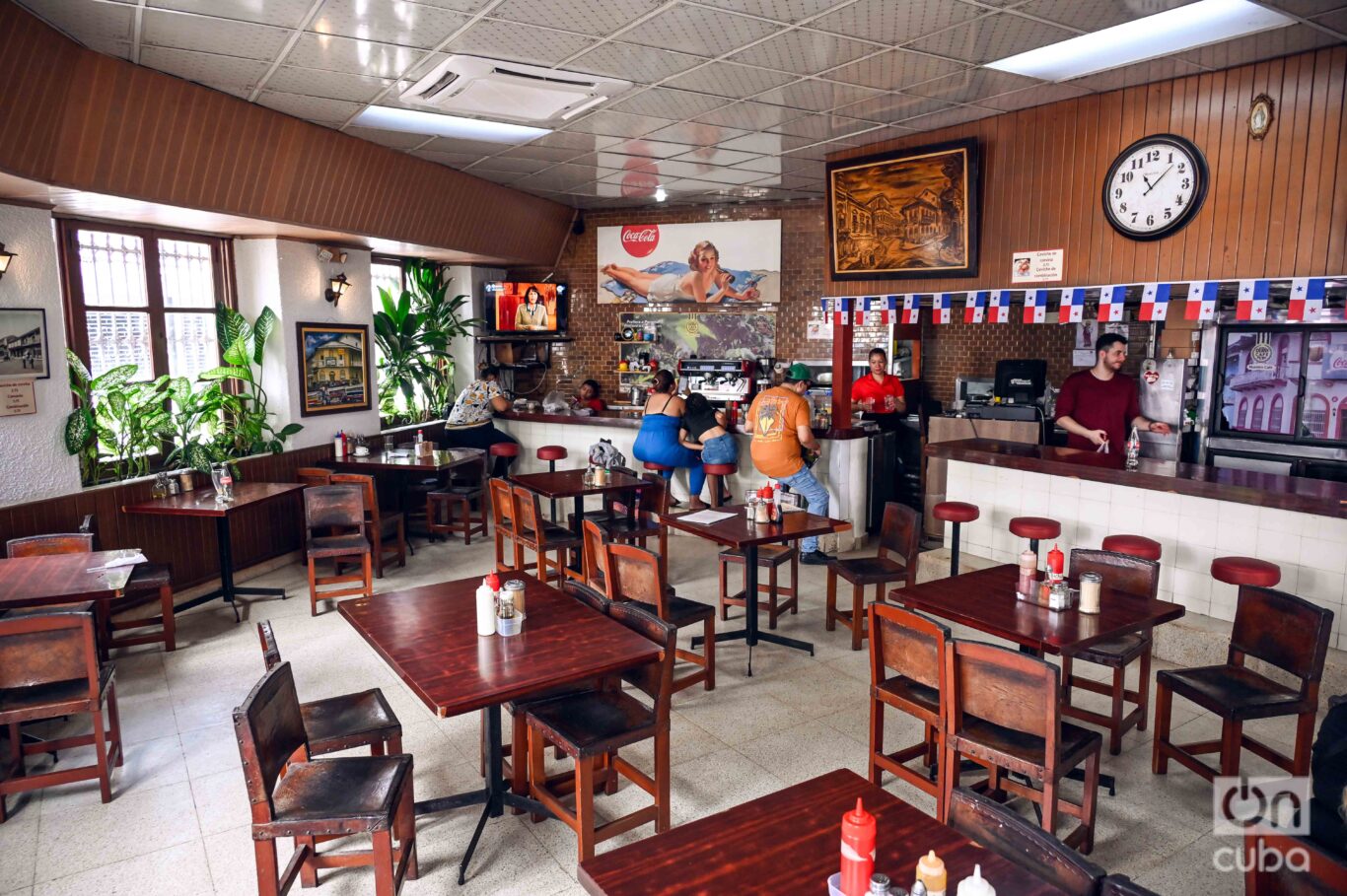
Not everything was happiness. In the 50s, Coca Cola tried to sue them twice; Without success. The name prevailed and, over time, the relationship between the parties was softened. Today, in the World of Coca Cola in Atlanta, the permanent exhibition that tells the history of the company, with its emblematic ads and a wide variety of fun areas and attractions, there are images of the Panamanian coffee and the old town where it is located nestled .
